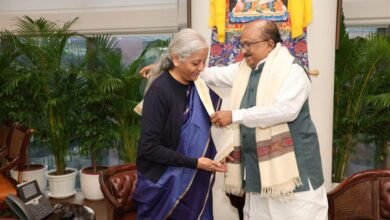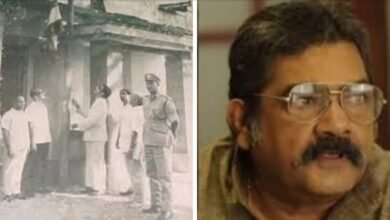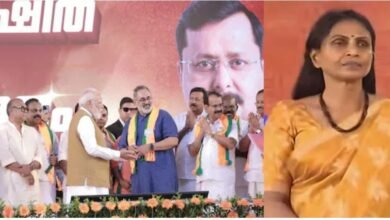
Azim Premji Scholarship 2025 Offers ₹30,000 Yearly for Girls’ Higher Education; Apply Now
NEW DELHI: The Azim Premji Foundation is inviting applications for its 2025 scholarship program, aimed at preventing female students from economically weaker backgrounds from dropping out of higher education due to financial constraints. The scholarship provides an annual grant of ₹30,000 to eligible students, with the application deadline for the first round set for tomorrow, September 30, 2025.
This initiative seeks to empower young women who, despite performing well academically, are often forced to abandon their studies after completing the 12th grade. The scholarship funds can be used by the students to cover a range of educational expenses, including tuition fees, books, hostel accommodation, and other related costs, for the entire duration of their degree or diploma course.
The application window for the second round of the scholarship will open on January 10, 2026, and will close on January 31, 2026.
Who Can Apply?
To be eligible for the Azim Premji Scholarship 2025, applicants must meet the following criteria:
- Must be a female student.
- Must have completed their 10th and 12th-grade education from a government school or college.
- Must have enrolled for the first time in a degree or diploma course during the 2025-26 academic session at a government or recognized private college/university.
The program is open to students from 18 states and union territories, including Jharkhand, Karnataka, Madhya Pradesh, Manipur, Arunachal Pradesh, Assam, Bihar, Chhattisgarh, Meghalaya, Mizoram, Nagaland, Odisha, Rajasthan, Sikkim, Telangana, Tripura, Uttar Pradesh, and Uttarakhand.
How to Apply
Interested and eligible candidates must apply online through the official Azim Premji Foundation website before the deadline.
- Visit the official website: azimpremjifoundation.org
- Click on the “Azim Premji Scholarship 2025” link on the homepage.
- Register on the portal and log in with your credentials.
- Fill out the application form with all the required information.
- Upload the necessary documents, including a passport-size photo, Aadhaar card, bank details, 10th and 12th mark sheets, and proof of college admission.
- Submit the form and print a copy for future reference.







